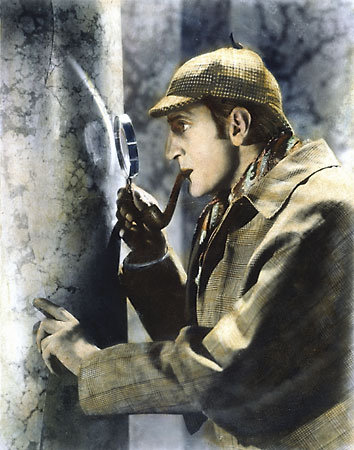 When reading through newspapers, magazines and books, I usually don't notice minor mistakes in spelling or grammar. It is only when the mistakes are so blatant they inhibit understanding that I pause. Therefore, it is always challenging when we practice our 'detective skills', it makes me read articles more thoroughly and look at other journalists's work differently.
When reading through newspapers, magazines and books, I usually don't notice minor mistakes in spelling or grammar. It is only when the mistakes are so blatant they inhibit understanding that I pause. Therefore, it is always challenging when we practice our 'detective skills', it makes me read articles more thoroughly and look at other journalists's work differently. 
The above screen capture is taken from a breaking news article published online April 11 by The Toronto Star. I think this paragraph is written very clumsily, and the structure, where the number is before the description, seems confusing to me. There are many other alternatives to this structure, as in an Edmonton Journal article written about the death: "Pte. Tyler William Todd, 26, a member of the Princess Patricia's Canadian Light Infantry, 1st Battalion, was the 142nd Canadian soldier to die in the Afghan war." Breaking news bring out the best and worst in journalists: on the one hand it shows how accurately and efficiently journalists can capture an event, but on the other hand the immense stress of a breaking news situation makes journalists highly prone to make errors. Perhaps the most important challenge of online editors is to be able to correct mistakes from breaking news articles?

The punctuation in the above screen capture, from an article published online by the Vancouver Sun, seems very off to me. The comma after 'why' in the third line should be removed, and there should have been commas surrounding the modifier 'flying from Yellowknife to Cambridge Bay last year' in the fourth line. Commas, semicolons, and periods seem like a very small part of writing, and they are often overlooked. However, punctuation should not be underestimated: when used erroneously, it can alter meanings and make sentences incomprehensible.
Both the journalist and the editor carry a great responsibility on their shoulders when it comes to editing work for their newspaper. No matter the fast pace of the industry these days, writers and editors must still aspire for perfection. Ambitious? Yes. However, there is a good reason why flawlessness is still the goal. Jennifer Carbert makes some very valid reflections over the responsibility writers have to their readers in her blog post Editing Detective: "Sloppy work reflects to the reader that the writer did not care enough about them, or the story to glance at it again." Great editing and writing must be done to make information more accessible to the users, and errors must never become a barrier to get the message across.
Note: Image from Biobreak

I agree! Punctuation is often underestimated, it is a crime that the law makers are all too keen to ignore... Great writing Katrine! Gold Stars!
ReplyDeleteI very much like your picture selection. Classic Sherlock. And punctuation is far too often ignored even by people who know the rules to it like me right now for instance
ReplyDeleteOne such egregious punctuation trend is how people use ellipses after every sentence. Literally every sentence. It is infuriating...